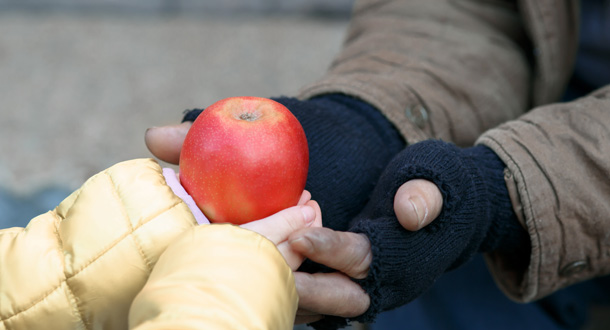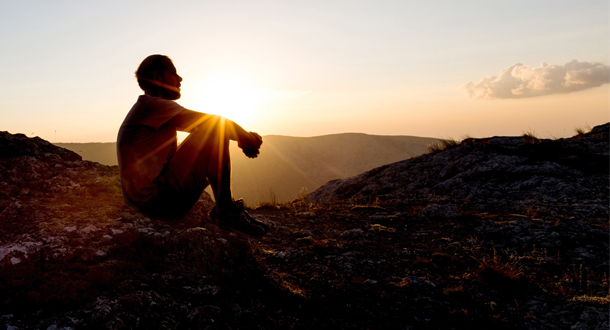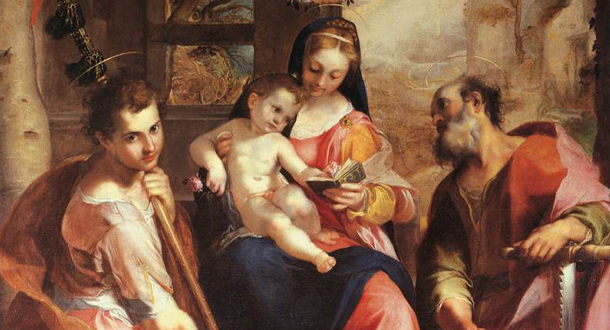
Scripture:
Romans 16, 3-9, 16, 22-27
Luke 16: 9-15
Reflection:
Money. Money. Money. What does it mean to you?
In today’s Gospel Jesus has strong statements about money and its role in our lives.
“No servant can serve two masters. He will either hate one and love the other or be devoted to one and despise the other. You cannot serve God and mammon.”
The Pharisees, who loved money, didn’t take too kindly to this statement. They “sneered at him.”
The consistent teaching of Jesus about money is that it must never be the center of our existence. How difficult this is in our American culture. Everywhere we turn we are encouraged to take advantage of higher education, jobs, investment opportunities, low interest loans, and business partners with winning track records to make more money. For some, more is ill defined, a nebulous goal that is never attained because of the temptation to compare what we have with what someone richer than us possesses.
Shortly before the pandemic my wife and I visited friends who live in South Florida. Being hospitable hosts, the Floridians gave us a tour of nearby Naples, a lavish small city with a per capita income far higher than anywhere I know. As we took a little tour boat excursion in the Naples harbor our hosts pointed out where this and that multimillionaire lived, and which yacht was bigger than the next. They explained that most of the homes surrounding the harbor are vacant, the owners visiting just a few days or weeks a year and that the yachts had to be taken out to sea periodically by paid staff to keep them running because the owners seldom used them.
As I witnessed this enclave of wealth, I wondered if the owners of these properties and big toys were content. In my imagination I felt these excesses were all so temporary and superficial. The experience made me reflect on my own attachment to wealth and what that attachment says about my relationship to God.
It is difficult, if not impossible, according to the late Thomas Merton, to live a life of poverty in America. He says even religious who take the vow of poverty in this country don’t really live in poverty. They have secure shelter, food, healthcare and even expensive, quality educations.
None of us, vowed religious or lay, need apologize for our basic comforts even as so many sleep on our cities’ streets. But we should let Jesus’ admonitions penetrate our consciences deep enough to make sure a generous heart is stronger than any tugs of avarice.
The essence of Jesus’ words is to put God as the center of our existence. When we do this everything else is relative. We learn to spend time every day in quiet in the presence of God to let God lead our actions, wishes, dreams. We are open to meeting Christ in the poor, the failed, the ill, the outcast, the foreigner, the enemy, the lonely. We live more simply, with fewer wants. And we give more than our surplus to those in need, without judging them.
This is the detachment we are called to. Detachment from money, human esteem, power and selfishness and fear.
The temptations to cling to mammon are overwhelming in our world. We must ask God to let us experience the promised grace to live a life free of anything that takes us away from the center of our existence, our loving God.
Jim Wayne is a board member of the Passionist Solidarity Network (PSN), and author of The Unfinished Man. He lives in Louisville, Kentucky.







